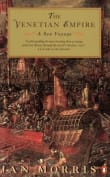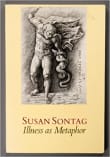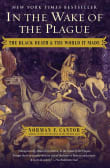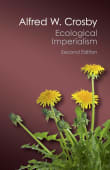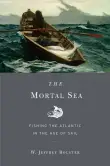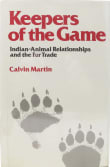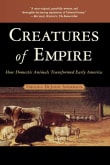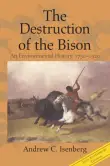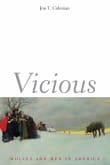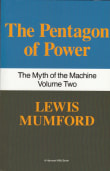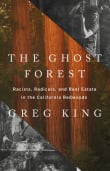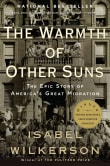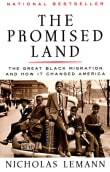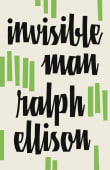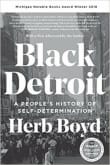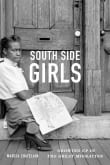Ecological Imperialism

Book description
People of European descent form the bulk of the population in most of the temperate zones of the world - North America, Australia and New Zealand. The military successes of European imperialism are easy to explain; in many cases they were a matter of firearms against spears. But as Alfred…
Why read it?
4 authors picked Ecological Imperialism as one of their favorite books. Why do they recommend it?

This book opened my eyes to the often cataclysmic consequences of European exploration and colonization of islands and continents beyond itself, a shockwave of transformations and extinctions that have impoverished the human and biological diversity of the Earth continuing to the present.
Crosby—a pioneer of environmental history—often writes with wry humor about a very serious topic. His chapter on the invasion of the eastern Atlantic islands and its aftermath ("The Fortunate Isles") is especially good.
From Gray's list on the hidden costs of city-building.

I cut my environmental historian’s teeth on Ecological imperialism. While not entirely about animals, Crosby’s book was the first to suggest to me how nonhuman creatures could influence human history. This is an environmental history classic by the author who coined the now widely used term “the Columbian Exchange.” In Ecological Imperialism, Crosby expands upon this concept to argue that European colonizing successes were due in large part to the introduction Old World animals, plants, and diseases to the Americas and elsewhere. Colonists reshaped the environment, creating ecological “Neo-Europes” in the New World. What I took away from…
From Andrea's list on early America’s beastly nature.

This is one of the classic books in environmental history. It expands upon his earlier work, The Columbian Exchange, and shows how European imperialism succeeded sooner and more fully in those parts of the world that were ecologically suited to the crops and weeds, domestic and wild animals, and disease-causing microbes that Europeans brought with them. Plants, animals, microbes, and human-operated as an unconscious team, helping one another get established in the temperate zones of the Americas, Australia, and New Zealand—to the great misfortune of the Indigenous populations of these lands.
From John's list on environmental history.

Alfred Crosby’s fascinating book opened my eyes to how much the European colonial project depended not just on conquering, dominating, and exterminating indigenous people, but also replacing the local flora and fauna with European plants and animals. I learned the term “Neo-Europe” from this book. This was the recreation of European civilization in other parts of the planet: New Zealand, Australia, North America, and to a lesser extent southern South America, and southern Africa. By introducing new crops, new insects to pollinate them, and new domestic animals that displaced indigenous flora and fauna, the settler-colonists culture succeeded in terraforming the…
From Bryn's list on pandemics, parasites, and pathogens.
Want books like Ecological Imperialism?
Our community of 12,000+ authors has personally recommended 100 books like Ecological Imperialism.

